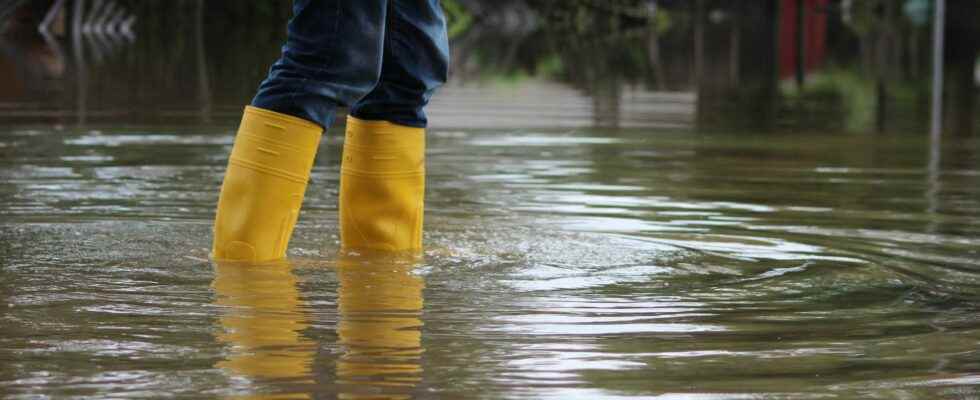You may also be interested
[EN VIDÉO] The Mediterranean will bear the brunt of global warming A new study looks at the mechanisms underlying the particular sensitivity of the Mediterranean region to climate change. This is indeed one of the hot spots that will suffer the first from global warming.
Each autumn, the French departments bordering the Mediterranean fear having to face new bad weather. Three major phenomena sometimes make the headlines weather report from September to November:
- them Cevennes episodes : of the thunderstorms very rainy which concern the Cévennes
- Mediterranean episodes: also torrential stormy rains that affect the plains and coasts of the south-east
- them mediterranean hurricanesor medicans: a Mediterranean depression that resembles a cyclone subtropical
A steady rise in water temperature in the Mediterranean
Although Mediterranean hurricanes are infrequent, on average once every 2 to 5 years, rare are the autumns that take place without floods linked to the Cevennes and Mediterranean episodes. At the beginning of autumn, the sea is generally at its maximum level of warming, and this is when depressions withair cold rise. These propel a southerly flow that sends moisture-laden air over the south-eastern departments. Among the ingredients necessary for bad weather, the heat water in the Mediterranean. In recent weeks, water temperatures have locally reaches 31°Ci.e. +6°C above the averages of season. They are currently down a little, between 28 and 29°C between Corsica and Italy, which is still excessively high. The sea surveys of Copernicus Marine Service Information have also observed a rising trend in Mediterranean water temperatures for 20 years, from 0.001°C to 0.064°C per year. Some areas have even gained +1.2 to +1.4°C since 1993, with a notable acceleration since the 2000s.
The heat of the water, an aggravating factor in the event of a favorable weather situation
With regard to the bad weather in the North Atlantic with the development of tropical storms and hurricanes (around the American and Caribbean coasts), it is undeniable that the temperature of the water is a determining factor in the violence of the phenomena. But the relationship between sea heat and Mediterranean bad weather is not so obvious. The temperatures of 28 to 30°C recorded in the Mediterranean recently are also high only on the surface, and can drop very quickly from one day to the next, unlike those of the North Atlantic. Meteo France therefore specifies that the Cévennes episodes are more influenced by the general weather dynamics: the atmospheric circulation with the passage of depressions that flow further south. The temperature of the water is an element to take into account because the heat increases evaporation and amplifies the risk of heavy precipitation. But it is an aggravating factor in a favorable situation, and not a determining one. A hot summer therefore does not necessarily mean an autumn with Mediterranean weather. Autumn 2014, for example, was catastrophic in terms of flooding, with around ten Mediterranean and Cévennes episodes. However, this year 2014 was the only heat wave without vigilance since the establishment of heat wave alerts from Météo France! The link is a priori more marked with regard to the heat of the water and the Mediterranean hurricanes. But in general, the water temperature remains a weather factor among others, which plays a certain role, without being the most decisive either.
Interested in what you just read?
